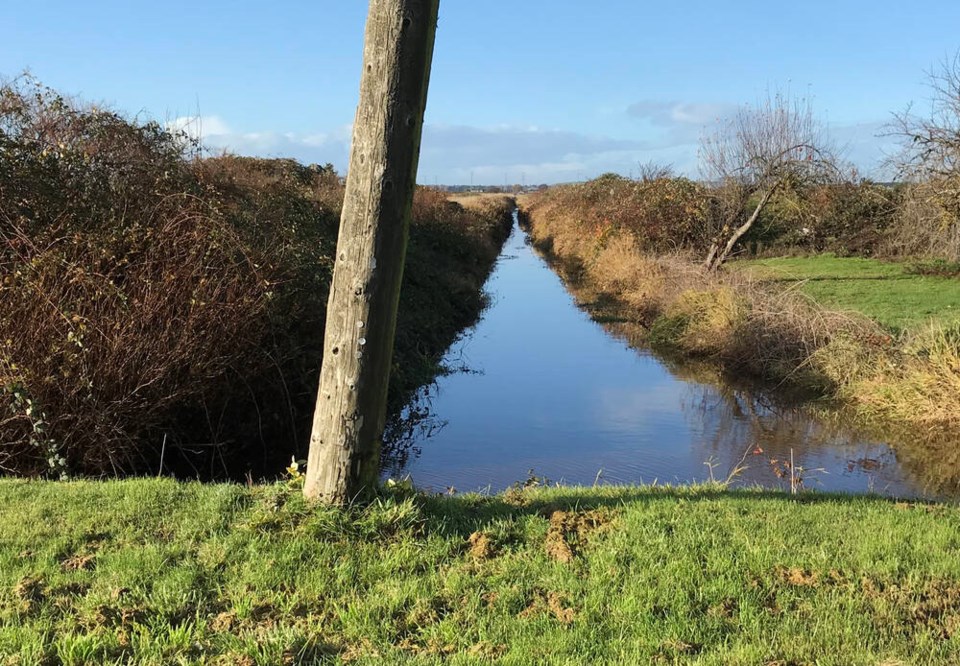The Delta Farmers’ Institute (DFI) was one of the recent funding recipients of a government program aimed at ensuring healthy soils and ecosystems in agricultural communities.
Funded by the governments of Canada and British Columbia, the Regional Extension Program is also aimed at helping reduce greenhouse-gas emissions and prepare for, and mitigate the impacts of, drought, wildfire, flooding and extreme temperatures.
A news release notes the program funds activities such as, data sharing, on-farm demonstrations, workshops and webinars that highlight best practices and the latest research and technologies to support sustainable agriculture. There are 16 projects underway with more starting in the coming months.
A key feature of the program, which provided $1.5 million in funding, is the use of local knowledge whereby ministry staff work directly with farmers to identify and develop projects that strengthen both climate resilience and food security. Regional engagement sessions will be in November.
The DFI received $80,500 to expand the salinity-monitoring network, measuring the salt in the water supply, develop a mobile app for producers to access the information from the network and provide a field day to help farmers with irrigation scheduling.
“This program has allowed farmers to better manage their irrigation practices and overall operational system efficiencies. The comprehensive monitoring network will continue to improve our understanding of the timing of river flows and water quality as we adapt to changes in weather patterns. The real-time information not only helps farmers take direct action but provides valuable data on the fluctuations of the environment,” said DFI administrator Leisa Yee.
Earlier this year, Delta Mayor George Harvie, saying the farming community already has problems when it comes to salinity of the water from the Fraser River due salt wedge migration, as well as subsequent reduced flows, asked city staff to look into what is needed for a second intake of water further upriver.
Having another intake source of water is something that can no longer wait, he said, adding a formal report will be written for council.
The DFI has previously conveyed concerns about the salt wedge, noting Delta’s irrigation water intakes in the lower Fraser River are affected by the migration of the salt wedge up the river when river flows are reduced.
Salt wedges occur in estuaries like the Fraser River delta where ocean water meets fresh water. The term salt wedge refers to the denser ocean salt water that pushes up the estuary. Some mixing with fresh river water occurs but, in general, the denser salt water tends to remain on the bottom of the river and fresh river water flows on top of the saline water.
There’s a need for a better understanding of the salt wedge behaviour throughout the entire river channel and particularly as it relates to the deeper portions, according to a previous Delta staff report that concurred with the DFI’s concern.
Delta’s farm water is pumped from the river and moved through a conveyance system of ditches, pumping stations, culverts, outfalls, and control structures.
Currently, the salt wedge causes salination of the river and renders the water unusable for agricultural production at several times of the year and partial closures of water intakes for Delta’s agricultural irrigation ditch system are already in place along the river, the report notes.
“These are anticipated to increase with climate change. The DFI is involved with salinity monitoring and pump station monitoring. Furthermore, an Agricultural Water Demand Model (AWDM) developed for Delta indicates an increase in demand can be expected. Not all agricultural areas in Delta have access to surface water for irrigation at the times of year when it is needed most.” the report adds.



